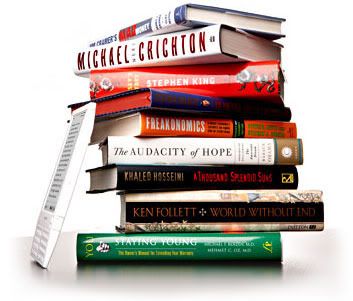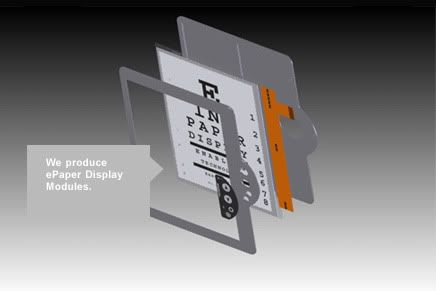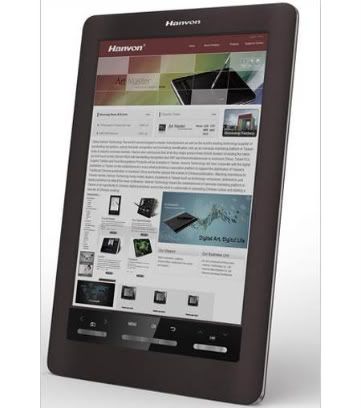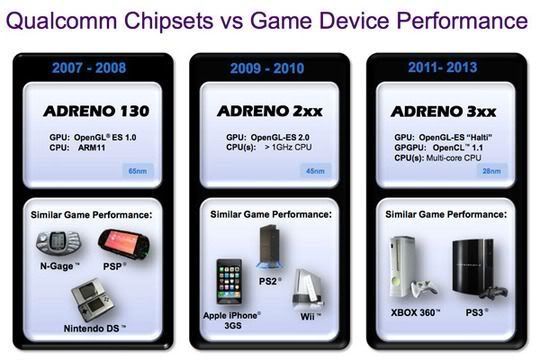It is more likely not a matter of if but when that happens.
Nicholas Negroponte, the co-founder of MIT's Media Lab, recently claimed that "the physical book will be dead in five years."
Not dead as a goner already inside the coffin, but rather dead as not the dominant form, id est zombie dead. But still, five years? That's too soon isn't it? Well, predictions for even the next year are always rather shaky and Mr Negroponte has wrongly predicted not a few things before.
Source
Yet his point is valid. Physical books, magazines and newspapers appear to be the last analog castle, everything else has gone digital (cinemas and the film industry are somewhere in the middle of the transition but it is coming). They are already relentlessly besieged by e-books like Kindle, Nook and Sony Reader, tablets and whatever else can connect to the Web and downoad or just view on-line a book, article, newspaper etc. It might eventually take ten to fifteen years but paper in general will clearly become obsolete, unfortunately for physical book lovers and fortunately for trees.
 |
In this article I will present the current trends and different technologies and products in this highly competing field, along with the usual comments, views and may even dare a couple of estimations.
LCDs are not particularly comfortable to read on. They strain your eyes, they are too bright, have relatively low contrast, consume too much power and they are virtually unreadable under sunlight. E-Ink, a company based in Taiwan but with ties in Korea, mainland China and the States, recognised this need and developed a new kind of display technology, the E Ink format. This was not based on liquid crystals but on "pigments made of millions of tiny microcapcules" (check out here if you are hungry for more of this):
Source : E-Ink
This technology is what made your Kindle, Nook and Sony Reader possible.
The greatest drawback of the E Ink format was that it used to be unable to display colours, but even that has been now fixed with the latest development from E-Ink, the E-Ink Triton colour ink display. This is the first product from Hanvon sporting this tech, already available for pre-order :
Source : E-Ink
Currently the main competitors among E-Ink based e-book makers are Amazon with Kindle, Barnes and Noble with Nook and Sony with its Reader. There are also a few other smaller asian companies craving for a piece of this aggressively growing market.
Black & white e-books are still quite pricey but their prices drop fast.
Naturally colour ones are expected to be more expensive when they roll out.
continued in Part Two : Tablets
© 2010 Nikolaos D. Skordilis




